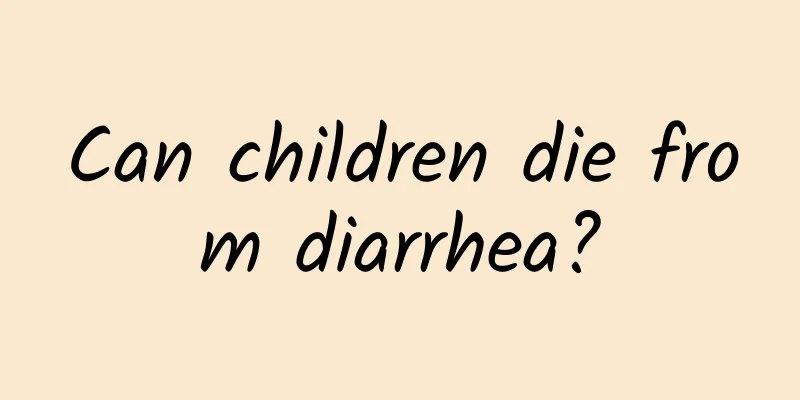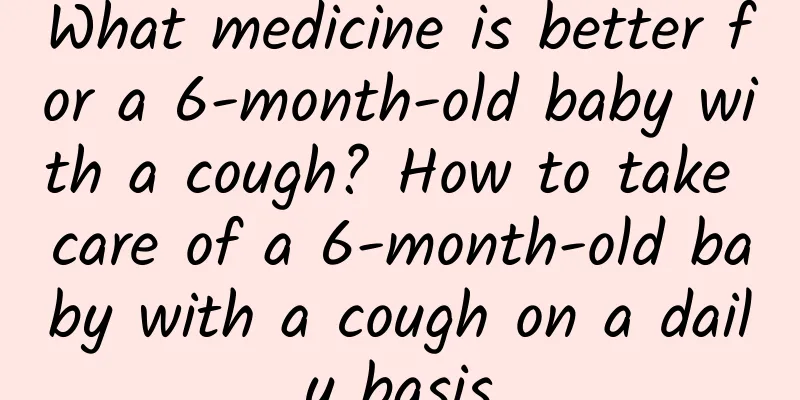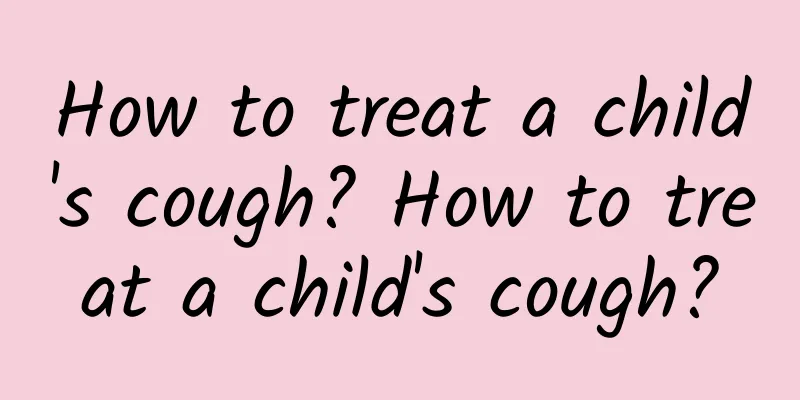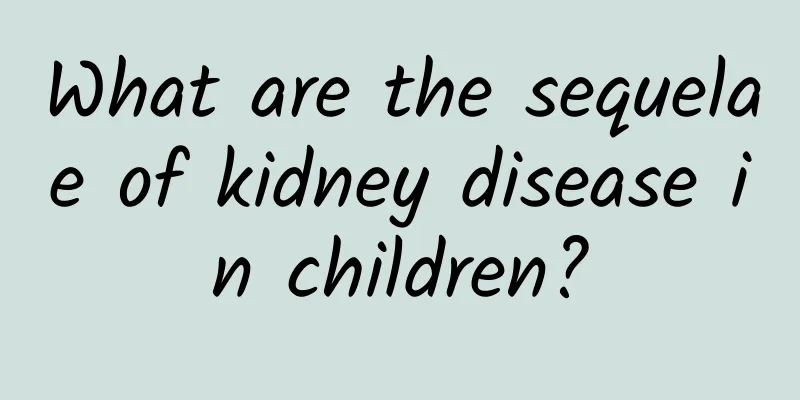The causes of dehydration in children with diarrhea are

|
The main causes of dehydration in children with diarrhea include excessive water loss due to diarrhea, insufficient intake, and metabolic disorders. Parents need to detect and take measures in a timely manner, such as rehydration, diet adjustment, and monitoring of the condition, and seek medical attention when necessary. 1) Excessive fluid loss due to diarrhea When children have diarrhea, intestinal dysfunction causes a large amount of water and electrolytes to be excreted with feces. This excessive loss of body fluids is the main cause of dehydration. Infants and young children have a higher proportion of body water and a high metabolism, so even a slight loss of water can lead to obvious symptoms of dehydration. Parents can judge the degree of diarrhea by observing the characteristics of their children's stool and the number of bowel movements, and replenish their children with water in time, such as oral rehydration salts (ORS), which can effectively replenish water and electrolytes to avoid worsening dehydration. 2) Insufficient intake causes unbalanced water supply When children have diarrhea, they often have decreased appetite, vomiting, or decreased thirst, which leads to insufficient water and electrolyte intake, increasing the risk of dehydration. At this time, parents should try to ensure their children's fluid intake, and can feed them small sips of water or warm rice soup, diluted fruit juice, etc. to alleviate the loss of body fluids. For breastfeeding infants, breastfeeding should continue or even increase the frequency of breastfeeding, because breast milk not only provides fluids, but also helps to resist infection. 3) Metabolic disorders affect water and salt balance Diarrhea may lead to metabolic disorders such as acid-base, sodium-potassium, etc. in the body, especially in the case of infection with pathogenic microorganisms (such as rotavirus). Electrolyte imbalance can easily lead to dehydration, which may cause sunken eye sockets, decreased urine output, and mental fatigue. Parents need to pay attention to these signs. If they find that their children show severe dehydration symptoms (such as drowsiness and cold limbs), they should be sent to the doctor for treatment immediately. In the hospital, doctors may use intravenous infusion to replenish fluids and electrolytes. The key to preventing dehydration and diarrhea is to pay attention to food hygiene, develop the habit of washing hands frequently, and closely observe the child's condition after diarrhea occurs, effectively replenish fluids and maintain adequate nutritional intake. If accompanied by persistent high fever or severe dehydration, medical treatment must be sought immediately. |
<<: How to treat neonatal jaundice
>>: Is pneumonia in children the same as pneumonia in adults? Is it contagious?
Recommend
What medicine is effective for mumps
What medicine is effective for mumps? Mumps is an...
When does neonatal jaundice begin?
When does neonatal jaundice begin? When neonatal ...
Blood test for polio
Polio is a disease that troubles many parents. Fi...
What to do if children have high jaundice
What should I do if my child has high jaundice? T...
Can poppy paste treat diarrhea in children? The secret of effective medicine for treating diarrhea in children
Diarrhea is a common problem in children. Since t...
Is acute mumps contagious in children?
Acute mumps is contagious, especially in the earl...
What are the causes of cough in children?
Coughing is a common symptom, but it is more like...
What are the hazards and sequelae of neonatal jaundice
If neonatal jaundice is not treated in time, it m...
What is the cause of low globulin? What disease causes low globulin?
Low globulin level is a relatively common conditi...
Which hospital is specialized in treating pediatric tracheitis?
The general symptoms of bronchitis in children ar...
How should parents determine the type of neonatal jaundice?
Clinically, there are two types of neonatal jaund...
What foods are suitable for babies with indigestion symptoms?
Many mothers think that their babies don't wa...
Is it normal for a newborn to have jaundice for 15 days?
Is it normal for a newborn to have jaundice for 1...
What should I do if my newborn baby has a cough?
If a newborn has a cough, you should pay attentio...
Treatment for polio-related muscular dystrophy
Polio can only bring pain to people. Everyone hat...









